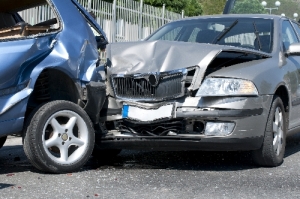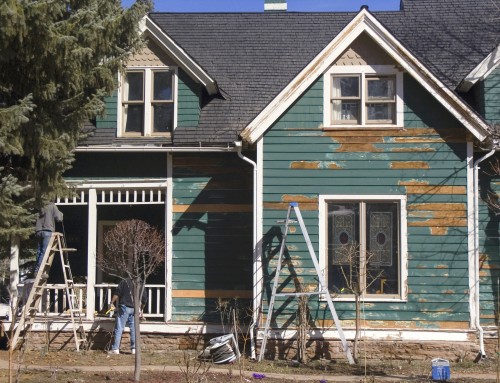
Being Prepared to Handle a Total Loss
Regardless of how careful you are, accidents can still happen and when they do, stress abounds. It is never convenient to incur auto damages, but what if your car is rendered a total loss? With rising costs of auto repair/replacement parts, along with soaring labor fees, a total loss may not be as surprising as it once was. Being prepared to handle a total loss situation won’t prevent accidents but can help reduce stress and help you get back on the road as soon as possible.
Imagine having a car that is only a year old when someone hits you in the rear. You get out and inspect the damages and it doesn’t look too significant until you speak with the insurance adjuster who inspects and details an estimate to repair. Your adjuster reveals that, given the amount of damages compared to the actual cash value (ACV) of your vehicle, it is a “total loss.”
What a “Total Loss” Means in Relation to Your Car
A car is identified as a “total loss” when the cost to repair the car exceeds the ACV, which is the established value of your car. This is where you need to be aware of how the ACV is established by the insurance industry. There are many factors involved to include the following:
- Condition of the Car Prior to the loss- The adjuster will inspect your vehicle to determine whether it is a “cream puff” or in poor condition in comparison to other vehicles like yours. Condition, age, mileage, and damages are all factors considered.
- Market Value of Cars in Your Area- The adjuster will contact/review local auto dealers to compare the sale price of cars most similar to yours prior to the accident to help assess the value.
- Individual State Laws- Different states may have varying percentage amounts of damages that a car must sustain before it is rendered a total loss.
- The Type of Damages Sustained- The location of damages may help the adjuster determine the likelihood of “hidden” damages or whether the car can be repaired “safely.”
Your local N.C. independent insurance agent or adjuster can assist you with the process every step of the way.
Your Car is a Total Loss…Then What?
First of all, your adjuster will inform you that your car is a total loss and will then advise you on the ACV of your car, the settlement amount considering any relevant deductibles, and whether you are interested in retaining your “salvage”, at which point they will deduct the salvage value from the settlement amount. Salvage value is the amount your car is worth WITH the damages and with consideration for the repair amount.
Settlement Options if Your Car is a Total Loss
- You can turn your car over to the insurance company and receive the full claim payout which is the established ACV of your car less any applicable deductibles. Keep in mind that if you are still making car payments, the lienholder’s name will be on the check as well. OR
- You can take a partial payment which means retaining the salvaged car and taking a claim payout of ACV, less salvage value, less any applicable deductibles. From there you can either keep the salvaged car, sell the salvaged vehicle, or donate it to charity and write it off on your taxes.
Unfortunately, accidents happen, and when they do, it is important to understand the claims handling process and the coverage options under your N.C. auto insurance policy. It is wise to contact us at Paramount Insurance Agency with any assistance or questions you may have regarding your N.C. auto insurance policy or the procedural process of handling a total loss.

 Tom's Blog
Tom's Blog



